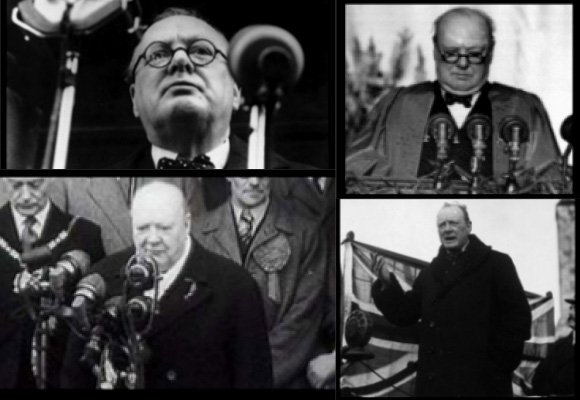Life Story Of Winston Churchill
Sir Winston Leonard Spencer Churchill was probably one of the greatest leaders in the world to have led a nation during one of the most difficult and trying times, World War II. Churchill was regarded as one of the most eloquent orators, having made countless famous speeches and even having won the Nobel Prize for Literature in 1953.
Churchill was born on 30th November 1874 in Oxfordshire to Lord Randolph Churchill, a British politician and Jennie Jerome, an American socialite. Before joining the army, Churchill was educated at the Royal Military College at Sandhurst. In 1895, he got commissioned into the army and was sent to Cuba and then to India as a cavalry officer.

During his time in the army, he saw action in Cuba, the North West frontier of India and then in Sudan. He gained early fame when he started reporting as war correspondent and reported the Cuban revolt against Spain. While staying in New York, Churchill was greatly influenced by Bourke Cockran, an American politician, who helped develop his political and oratory skills.
Churchill’s claim to fame came when he was held prisoner of war during the Boer war. His courageous escape from the prison camp made him a national hero and kick started his career in politics. He joined the House of Commons in 1900. But Churchill’s literary claim to fame came when he published his account of the battle in Sudan and Omdurman and then with the biography of his father, Lord Randolph Churchill.
In 1917, Winston Churchill came back to the government after serving in the army and was appointed the minister of munitions. And in 1940, when Neville Chamberlain resigned, Churchill became the Prime Minister of Britain during the Second World War. During the same time he started becoming known for his powerful speeches which left his audience in awe.
The first speech that Winston Churchill gave after being elected as Prime Minister was the famous “Blood, sweat and tears” speech at the Parliament, which left the house cheering for more. This speech was followed by many equally historic speeches, “We shall fight on the Beaches” and “This was their finest hour.” Churchill is also known for coining the term ‘Iron Curtain’, referring to the Soviet Union.
After World War II, despite his popularity, Churchill was defeated in the 1945 elections and for six years he served as the leader of opposition. In 1951, he was again elected as the prime minister of Britain for his second term till his resignation in April 1955. Eventually his popularity started waning and in January 1965, he died at the age of 90.
